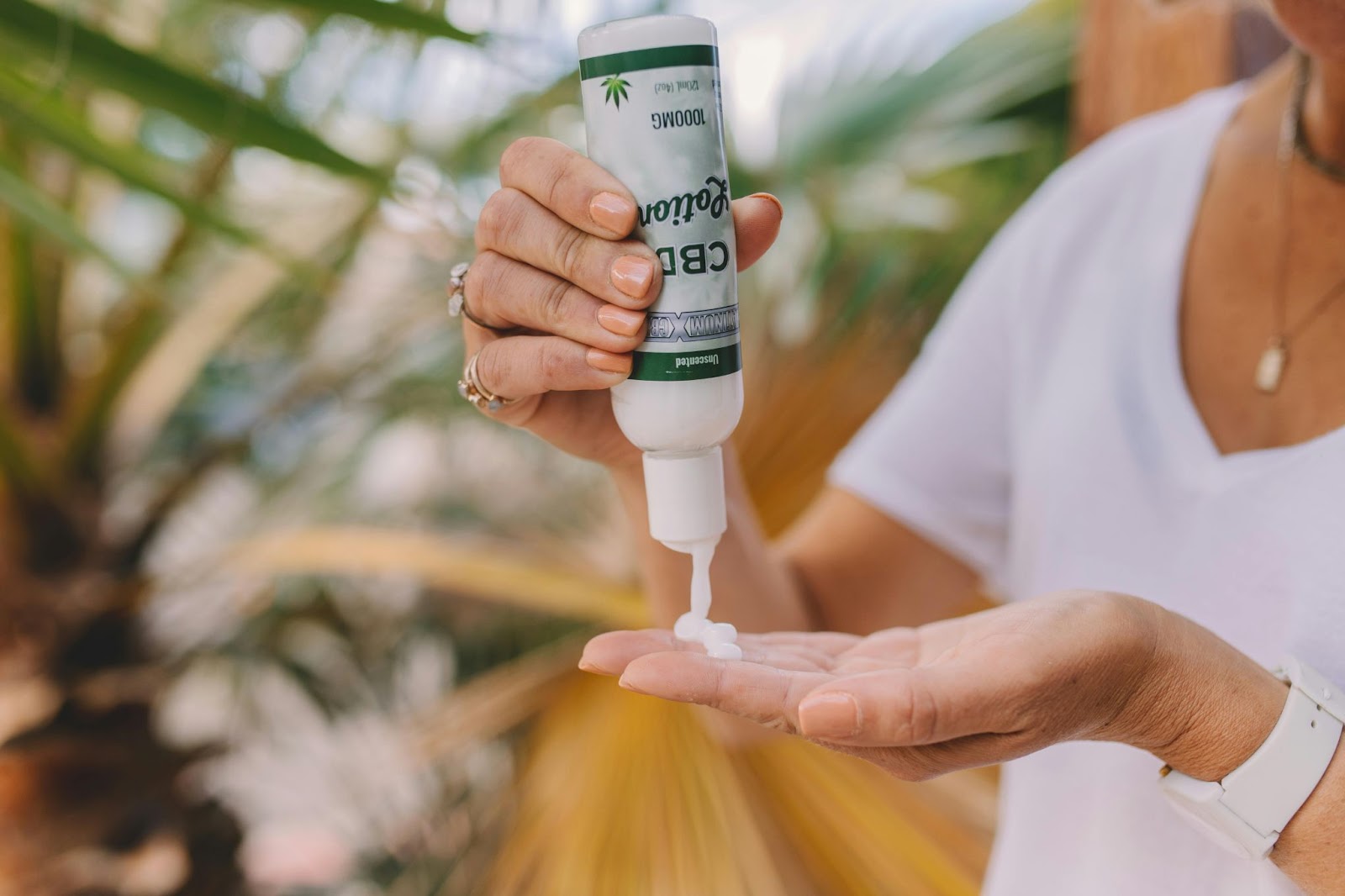With the legalization of cannabis in different states and countries, many cannabis products have become available to different users. However, some of these products are made from CBD, while the rest are made with THC. So, what’s the difference?
Before we dive in, answer these questions in your head:
- Have you ever wondered why cannabis makes some people feel high while others use it for relaxation without intoxication?
- Do you want to understand how THC and CBD affect your body differently?
- Are you curious about which one might be better for your needs?
You’re at the right place if you answered “yes” to any of these questions. Read to the end to learn the difference between CBD and THC, and why it matters.
THC: The one that gets you high
When many people think of cannabis, they picture a smoker getting high on marijuana. THC (tetrahydrocannabinol) is the primary psychoactive compound in cannabis. In simpler terms, it’s the reason you feel euphoric, giggly, or “stoned” after using marijuana.
How it works
Your body has something called the endocannabinoid system (ECS), a network of receptors that helps regulate mood, pain, appetite, and more. THC binds directly to ECS receptors (specifically CB1 receptors in the brain), altering how they communicate. This interaction triggers the release of dopamine, creating that signature “high.”
Common effects of using THC include:
- Anxiety or paranoia if used in high doses.
- Feeling happy or euphoric.
- Relaxation or sleepiness.
- Heightened senses (music sounds better, food tastes amazing, colors seem richer).
- Increased appetite (munchies).
Basically, what most people experience after smoking a joint. But beyond that, THC can be used medically to help with pain relief, nausea, and insomnia.
CBD: The one that helps you relax without the high
CBD, or cannabidiol, is another major compound in cannabis, but unlike THC, it doesn’t get you high. Instead, it’s known for its calming and therapeutic effects. In fact, it’s become increasingly popular with wellness products like skin creams and oils, pain relief edibles, and sleeping pills.
How it works
CBD doesn’t bind to CB1 receptors like THC. Instead, it influences other receptors, including serotonin and pain receptors, helping to reduce stress, inflammation, and discomfort.
Since CBD doesn’t have psychoactive effects, it’s a great option for those looking for benefits without intoxication.
People commonly use it for:
- Pain and inflammation reduction.
- Stress and anxiety relief.
- Pain and inflammation reduction.
- Better sleep and relaxation.
- Epilepsy and seizure management.
- Mental clarity and focus.
THC vs CBD: Main Differences
| Feature | CBD (Cannabidiol) | THC(Tetrahydrocannabinol) |
| Legal status | Legal in most places if it’s made from hemp | Restricted in most places for recreational use |
| Makes you high | No | Yes |
| Uses | Treating anxiety, inflammation, sleep, pain management | Recreation, pain relief, sleep |
| Main effects | Relaxation, anti-inflammatory, pain relief | Euphoria, relaxation, appetite boost |
To Wrap it Up
Whether you’re looking for a recreational high or therapeutic relief, understanding the difference between THC and CBD can help you make informed choices about cannabis. Read our blog on how cannabis is gaining mainstream appeal to learn how the information age has broken the stigma on cannabis products. You can also check these articles out to learn more about THC and CBD:
